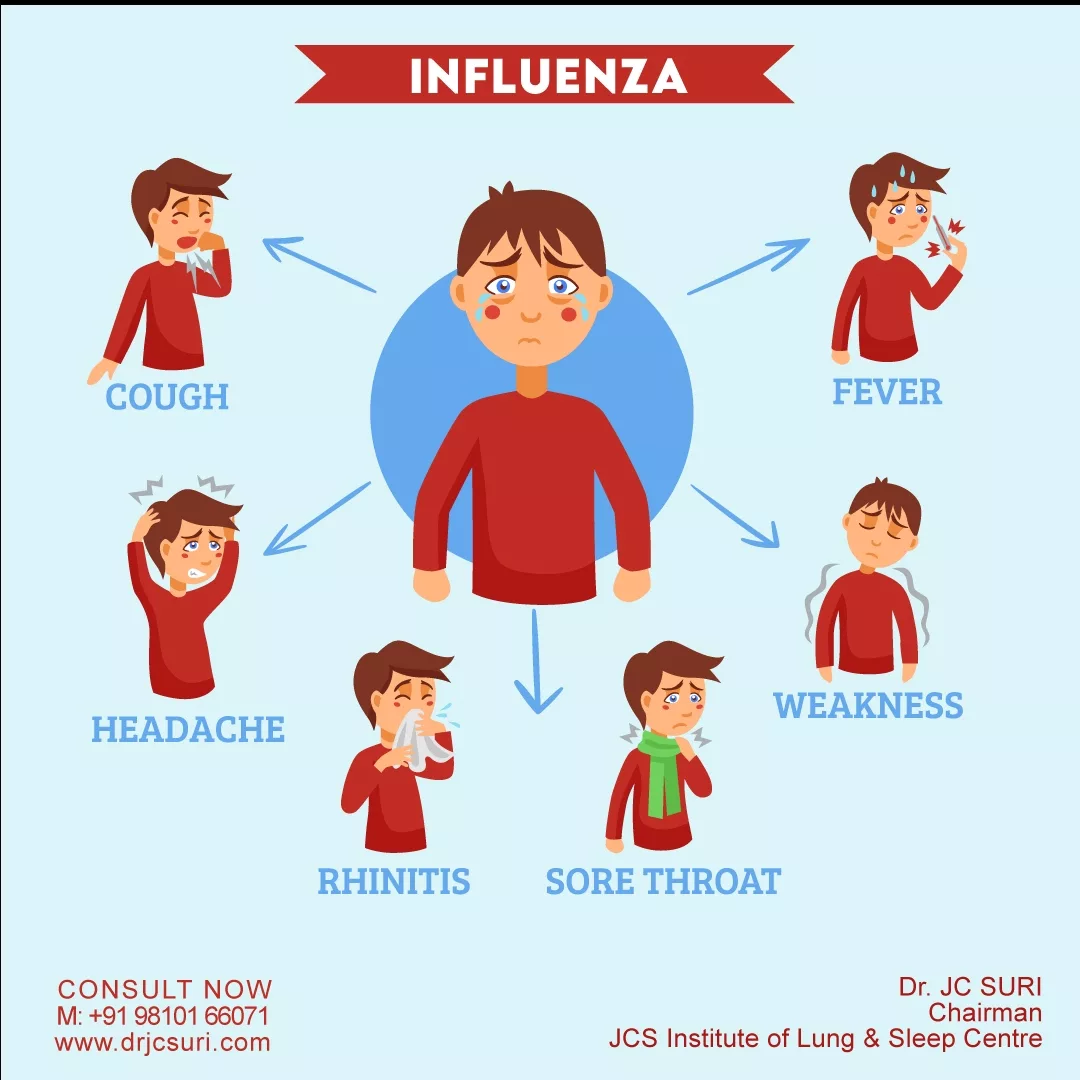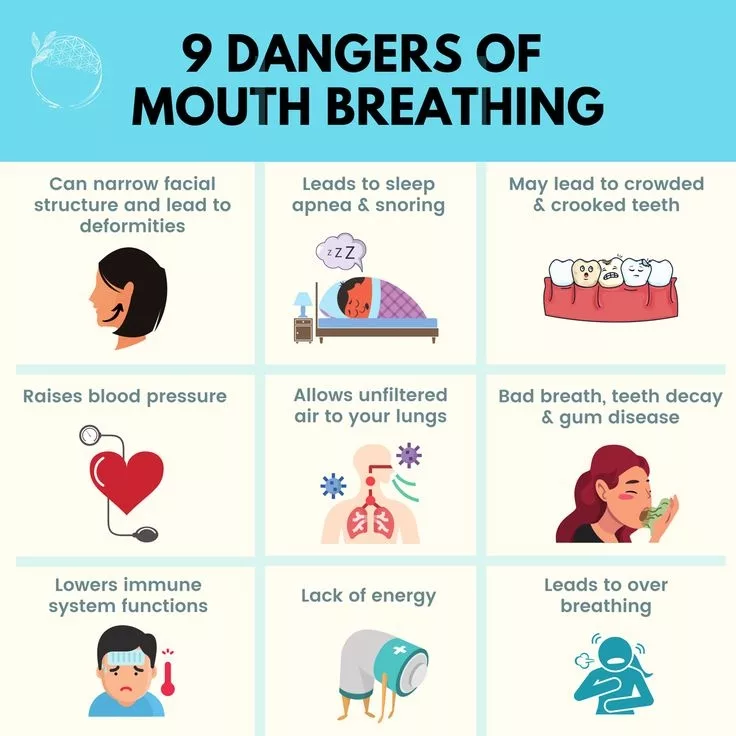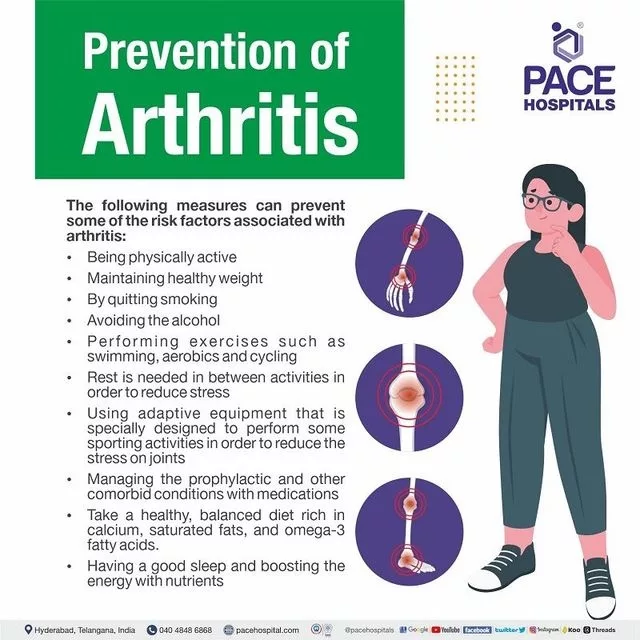Symptoms and Treatments of Influenza
Hello! It seems that more people are catching the flu lately, possibly due to the unpredictable weather. So today, I’d like to talk about the symptoms and treatments of influenza. It would be great to learn how to cope safely without unnecessary complications. Now, let’s take a look at the information to protect our health! 😊
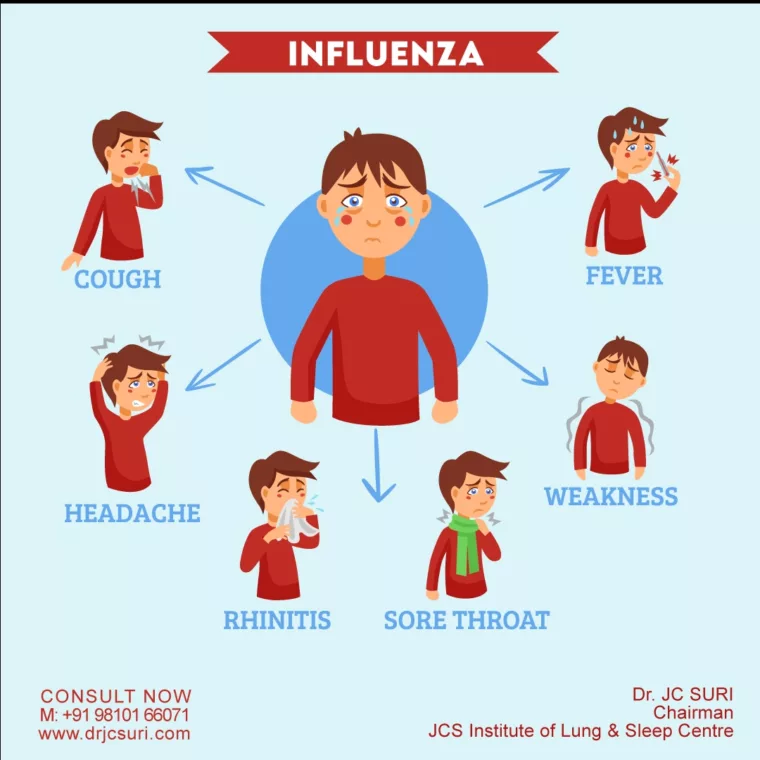
What is Influenza?
Influenza is a respiratory illness caused by the influenza virus, which spreads globally every year. This virus is primarily transmitted through respiratory droplets and can infect individuals through coughing or sneezing. Typical symptoms of influenza include high fever, headache, muscle aches, cough, and fatigue, which can be severe enough to hinder daily activities. To prevent influenza, it is recommended to get vaccinated annually, and maintaining a healthy immune system both emotionally and physically is essential. The severity of influenza can vary based on age, underlying health conditions, and immune strength, and it can sometimes lead to complications such as pneumonia.
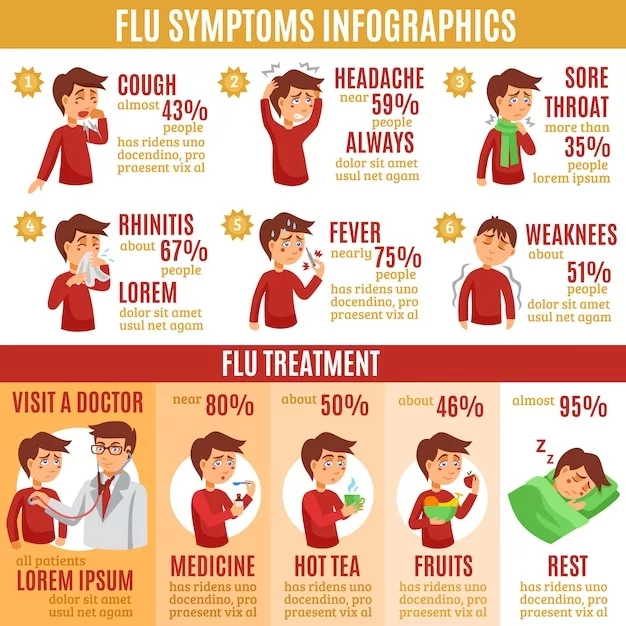
Identifying the Main Symptoms of Influenza
Influenza is characterized by sudden onset of symptoms, which include high fever, cough, sore throat, headache, muscle aches, fatigue, and chills. The fever typically ranges from 38°C to 40°C, as the body reacts to the virus with a fever response. Coughing and sore throat arise from inflammation of the respiratory mucosa, while muscle aches and fatigue reflect the systemic effects of the virus. Some patients may also experience gastrointestinal symptoms such as nausea, vomiting, or diarrhea, which are particularly common in children. Symptoms usually appear within 1-2 days after infection and can persist for several days to weeks, depending on the progression of the illness and the individual’s health status.
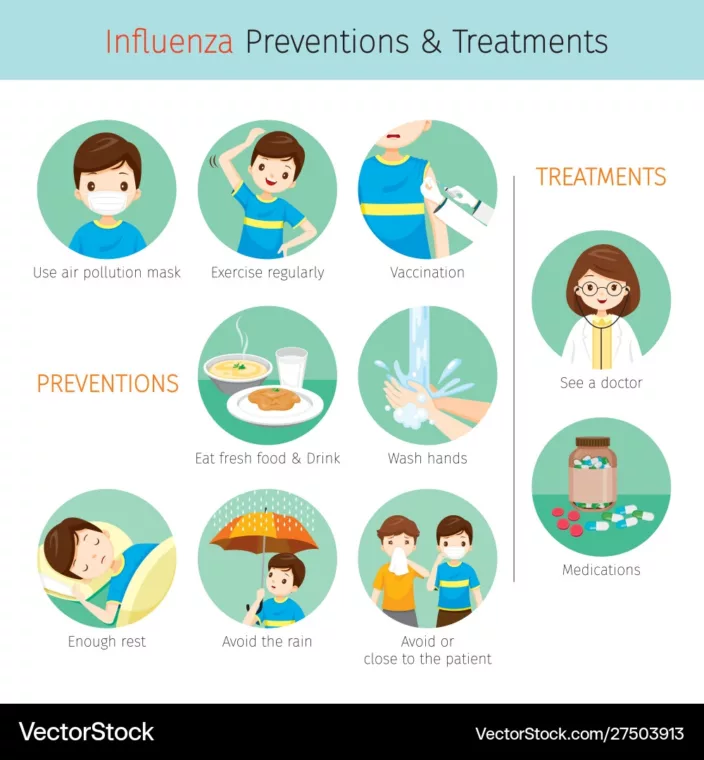
Differences Between Influenza and Common Cold
Both influenza and the common cold are respiratory illnesses, but they differ significantly in the viruses that cause them and the intensity of symptoms. The common cold is primarily caused by various viruses, such as rhinoviruses, and is characterized by milder symptoms that appear gradually. In contrast, influenza is caused by the influenza virus, often resulting in a rapid increase in temperature and sudden onset of symptoms. Generally, influenza lasts for 1-2 weeks and tends to involve more severe symptoms like high fever and muscle aches. Recognizing these differences helps in finding appropriate responses.
Vaccination and Immune Strengthening Methods
The most effective way to prevent influenza is to get vaccinated annually. This vaccination reflects the variability of the influenza virus and is released in different forms each year. In addition to vaccination, strengthening the immune system requires a balanced diet, sufficient sleep, and regular exercise. Maintaining a diet rich in nutrients that boost immune function, such as vitamin C and zinc, and managing stress is also important. Personal hygiene practices, such as handwashing, can significantly help prevent infections, and it’s advisable to minimize contact with others during flu season.
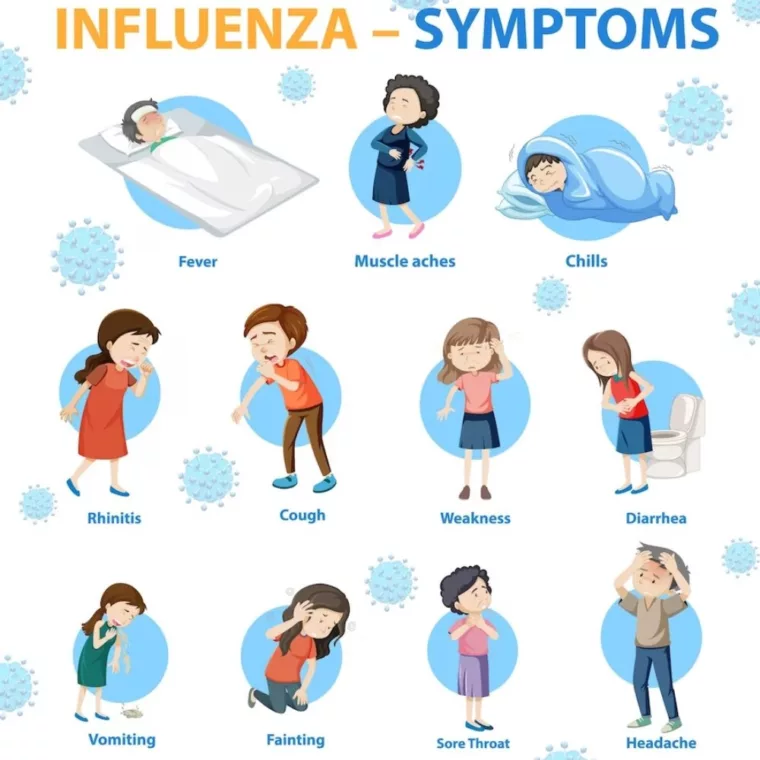
Home Remedies for Treating Influenza
If influenza symptoms are mild, several home remedies can help alleviate them. Staying hydrated is crucial, and drinking warm tea or soup is beneficial. For sore throats or severe coughs, warm water mixed with honey and lemon can be effective. Additionally, using a humidifier to keep indoor air moist may help relieve symptoms. Rest is essential for immune recovery, so it’s important to get ample sleep and create a stress-reducing environment. However, if symptoms worsen or complications are a concern, seeking medical advice for appropriate treatment is essential.
Medical Treatment Options for Influenza
Medical treatment is essential for patients with severe influenza symptoms or those in high-risk groups. Antiviral medications can help suppress the replication of the influenza virus, reducing symptom severity and shortening recovery time. These medications are most effective when taken as soon as possible, usually within 48 hours of infection. Commonly used medications include Tamiflu, Relenza, and Zanamivir. These require a doctor’s prescription, and it is crucial to consult a healthcare professional before use. Additionally, if further treatment is needed to prevent complications related to influenza, regular visits to a healthcare facility for check-ups are important.
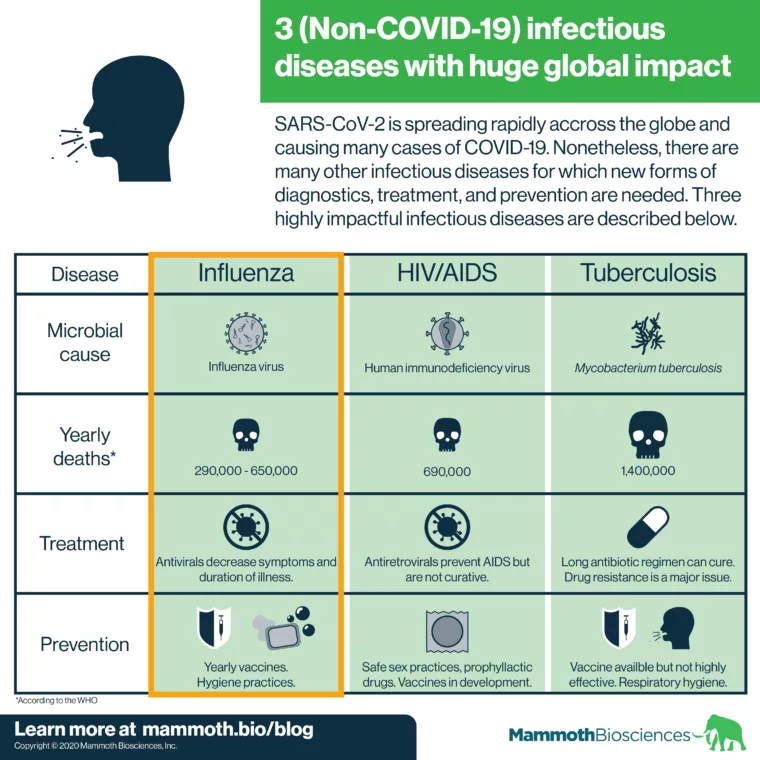
Managing Influenza Without Complications
To effectively manage influenza, early recognition of symptoms and appropriate responses are critical. Upon noticing symptoms, it is essential to rest immediately and ensure adequate hydration. If high fever persists or severe symptoms like difficulty breathing occur, visiting a medical facility promptly is necessary. This is particularly important for individuals with chronic illnesses or the elderly, as they are at higher risk for serious complications like pneumonia due to influenza. Regularly ventilating indoor air and practicing good personal hygiene with hand sanitizers can also help reduce the spread of infection.
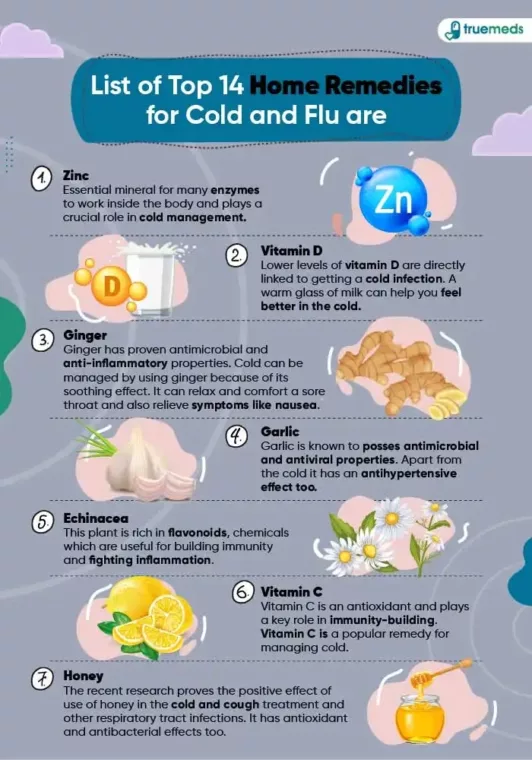
Lifestyle Management for Recovery After Influenza
After recovering from influenza, maintaining healthy lifestyle habits is necessary for continued well-being. Regular exercise is important for building strength and enhancing immunity. Additionally, it is crucial to maintain a nutrient-rich diet and ensure adequate hydration. Sufficient sleep and stress management are vital for sustaining a healthy system post-recovery. Especially after influenza, increasing the intake of vitamins and minerals can aid in recovery. Finally, receiving the influenza vaccine annually can help prevent reinfection and lead to a healthier life.
